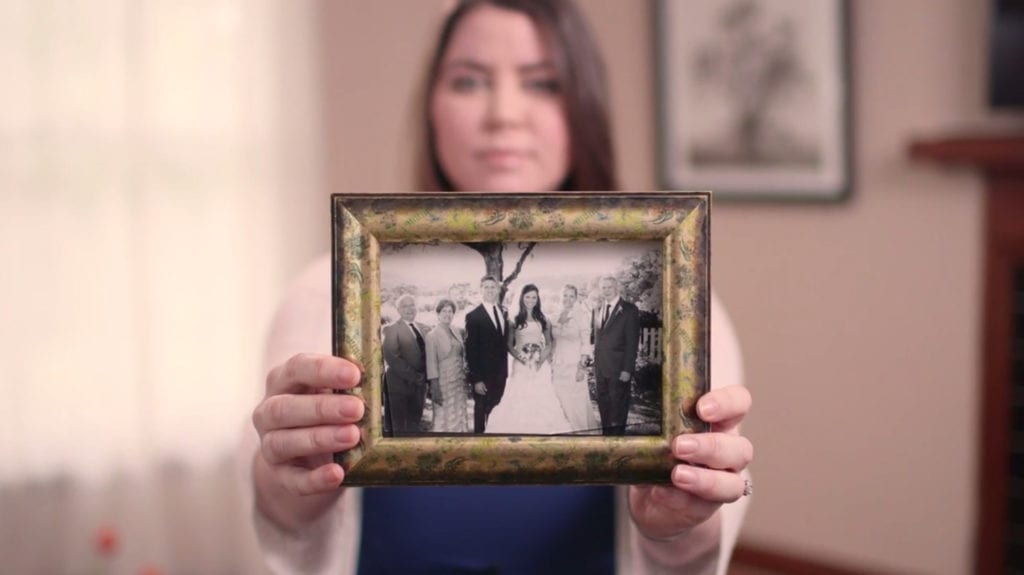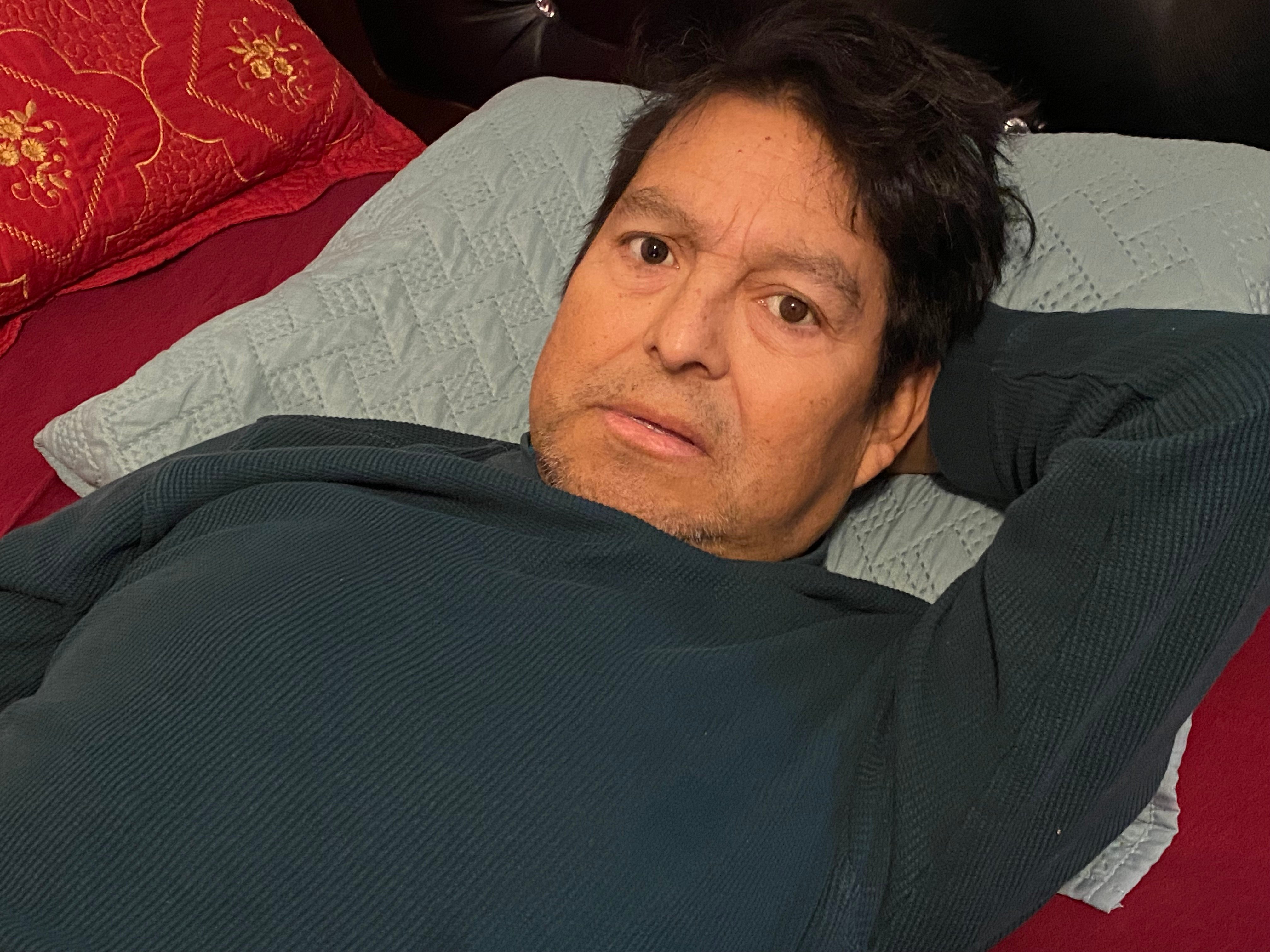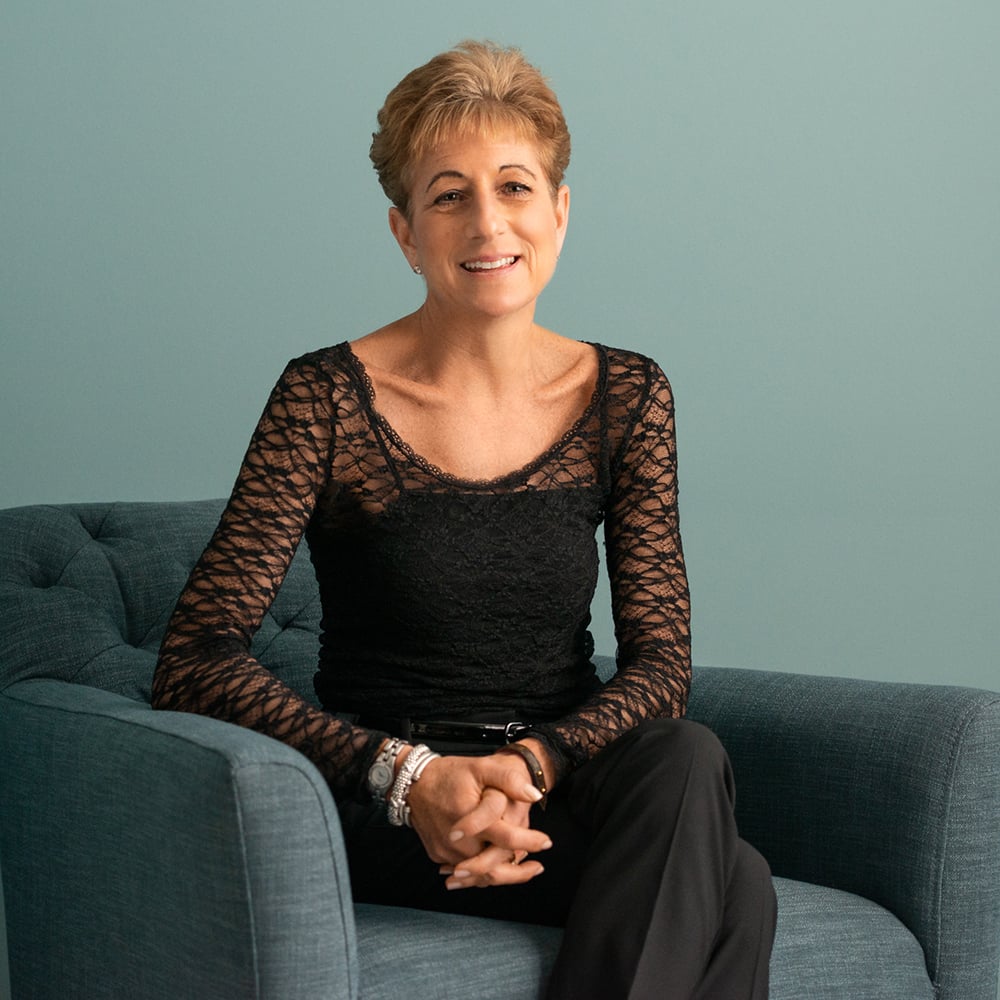José Alejandro Lemuz shared his story in February of 2024.
In December 2023, I decided enough was enough. I had already endured numerous demanding rounds of chemotherapy and radiation since my stage 4 prostate cancer diagnosis in 2018. It was under control for five years. I could work and take care of my children; I could enjoy life. But in the summer of 2023, the secondary effects became too painful and debilitating. I ended up in the hospital twice, for weeks. I couldn’t eat; I could barely walk. The radiation helped in one way, but damaged my body and my quality of life in more ways.
Doctors can no longer control the cancer, and this relentless pain is too much for me. I have no strength. Every day I am losing weight. The cancer has spread to my bones, and it makes just taking a few steps excruciating. If I need to get up to use the bathroom, eat or bathe, I do so in slow motion because it literally feels like my bones are going to break. I wish to work, but I can't. I miss the auto body shop repair work that I was doing, but if I have difficulty going to the bathroom, I know I won’t be able to work underneath a vehicle. When I take a pain pill, I get to sleep for an hour, maybe two, and then the pain wakes me up again, and I take more medicine to mitigate the never-ending pain. It’s horrible.
The medications they were giving me provide little relief now. I’ve tried stronger pain medication, but it leaves me confined to bed, incapable of taking care of my most basic needs, and that’s just not an option for me because I live alone. I have no one to help me. The mother of my children sometimes comes over to cook for me, but that’s the extent of the support that I have. Sometimes I lay down and ask God to help me wake feeling OK, but I never do. I wake up and every day is worse — more pain, more suffering. I don’t wish this on anyone.
Beyond the immobilizing pain, the hardest part about having end-stage cancer is leaving my children behind. They are just 14 and 17 years old. They are barely starting their lives. For now I rarely discuss sad things with them, and if I need to cry, I go somewhere that they can’t see me. I don’t want to bring them down with how bad things have been going for me.
But I have talked to them about my wish to use medical aid in dying. They have been here when I’ve been really ill, when I haven’t been able to get up. They have been with me when I was in the hospital. They have seen how I have been suffering. I want them to know about this law, why it was passed and why I want this option for myself.
Throughout my illness, I searched for information about cancer, treatment and my options on YouTube. I saw that medical aid in dying is an option in other states but thought to myself: It’s impossible for me to travel or move to another state. Then I found out that the option also exists in California. But I didn’t know anything about it other than that.
My doctors have not been up-front about all of my options. I wish they would explain things more in depth so I understand my options and the side effects, in a truthful manner, not in a way to convince me to choose one thing over another. It feels like sometimes they don’t want me to know my options or that I can decline treatment. Sometimes they just tell me that something will help me, but they don’t tell me how it might harm me.
I don’t think that doctors and hospitals provide patients with enough transparent information. I learned about medical aid in dying from a YouTube video of a Californian who had asked their doctors for a prescription. Then I learned about Compassion & Choices through Univision. I called the television station and asked for information; they interviewed me and then connected me with Compassion & Choices for more information. I had to learn about this law through YouTube videos and TV instead of through my doctors.
After talking with someone at Compassion & Choices, I showed my doctor a web page about medical aid in dying to prompt the conversation with them. Instead of discussing it with me, they just told me, “No, not yet. You still have options.” I’m the one who’s suffering. Only I know what I’m going through. I want my doctors to understand and respect the decision I have made. Suffering is like being tortured. Cancer consumes you little by little.
Three months after trying to start this conversation with my medical team, in December I told my doctor, “I don’t want any more treatment. I want you to respect my decision, and I want you to help me. I’m asking that you declare me at the end stage because you’re the one who knows the treatment is not working for me anymore.” But I don’t yet have a prognosis of six months or less. When I do receive a prognosis of six months or less, I want this medication so that I can finally be relieved of this pain and be at peace.
It’s difficult for me to talk about this, not because I’m afraid of death, but because of the amount of suffering I’m already in. I am not afraid of death; sooner or later one will die. I just want to avoid dying little by little, with excruciating pain and unbearable suffering. I’m aware that I’m nearing the end, and I don’t think God needs me to fight until the bitter end. That’s too much suffering.
Learn More About José’s Story:
Univision – José Lemus, el hondureño con cáncer terminal que logró asistencia para morir en California (April 3, 2024)
CNN en Español – La "opción de fin de vida", una forma voluntaria de morir en California (April 3, 2024)
Univision – Reportaje (March 28, 2024)
La Opinión (Los Angeles) – ‘Estoy listo para irme’, dice latino que se ha acogido a la muerte asistida (March 28, 2024)
Orange County Register – My advice for terminally ill Latinos like me: You have options (March 19, 2024)
Univision – "Como una persona valiente" quiere ser recordado un hispano con cáncer que lucha por morir en California (October 5, 2023)





